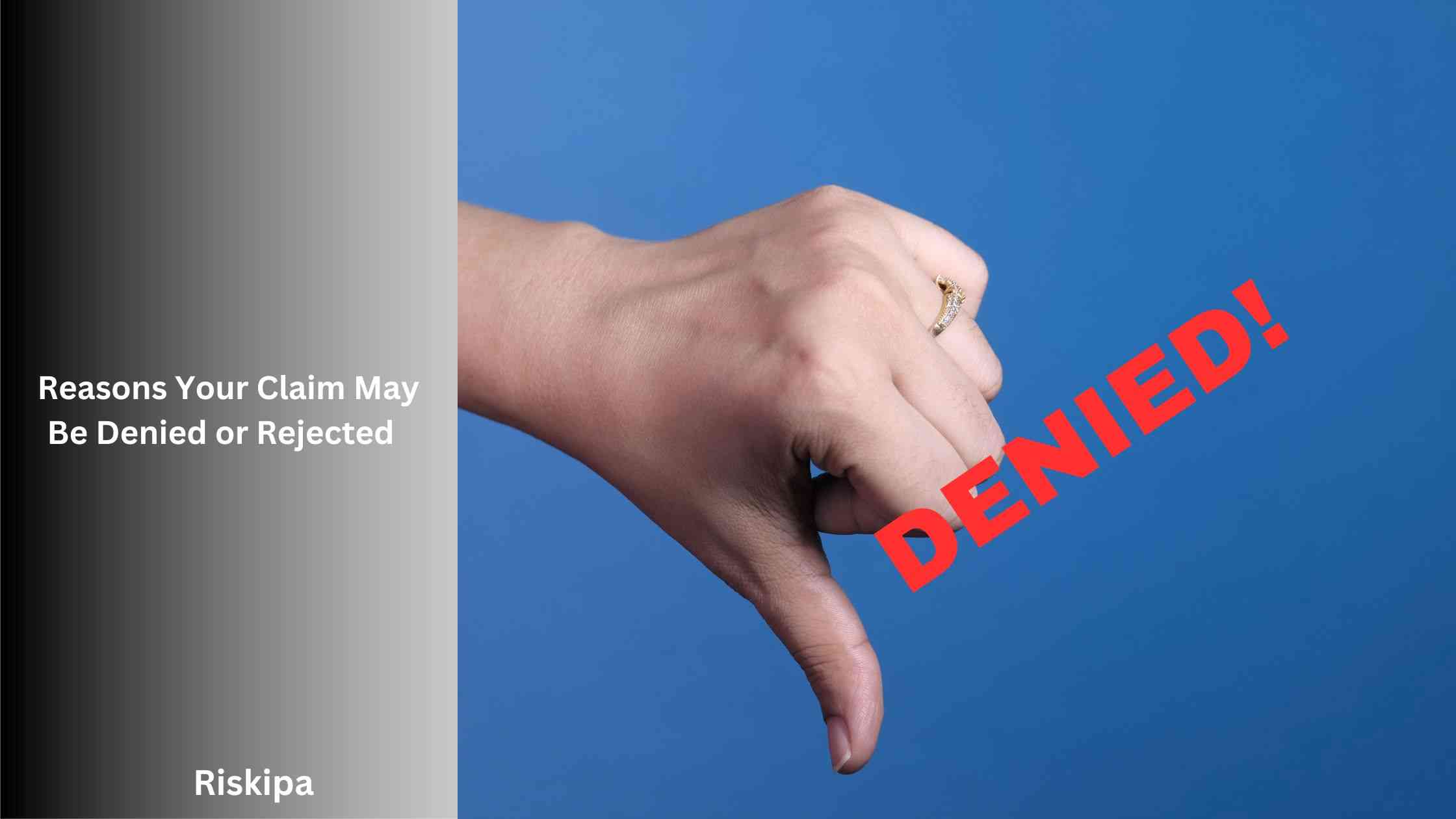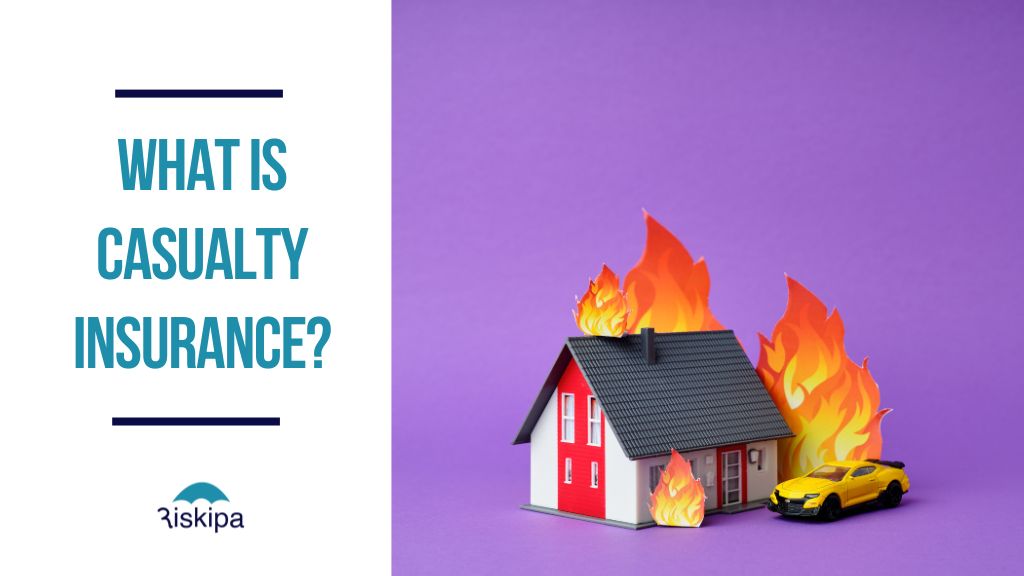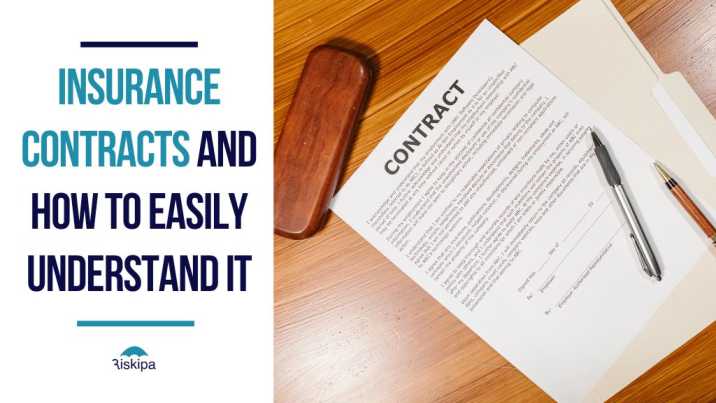
There are many reasons why a claim may be denied by an insurance company. Situations like this have made few people think that insurance companies are fraudulent, but in an actual sense, ignorance of certain information and guidelines causes these denials. Here is an illustration;
Alfred insured his brand-new Hyundai Elantra, but unfortunately, he got into an accident that damaged his car a few months later. Hurriedly, he took it to his mechanic to fix, and after he had made payment for the repairs, he decided to file a claim with his insurance company. A few hours later, he received a claim rejection email. What do you think went wrong?
Well, Alfred had faulted by doing last what he should have done first. The insurance company will be unable to verify if he had an accident and the extent of the damage, including the amount to reimburse because he filed the claim late after he had done the repairs. This little mistake of lateness can cause your claim to be denied.
Nevertheless, everything in the agreement between the insurer and the buyer of the insurance policy is legally bound. This means that if your claim is properly filed, it will not be carelessly rejected. Riskipa has compiled a list of reasons claims get denied or rejected. So, you never fall prey.
Common Reasons Why Your Claim May Be Denied or Rejected
1. Overdue Premium Payment
The policy was not in force at the time of your claim. This could be because your Payment of insurance premiums is due. Every insurance policy has a grace period for claims after a premium is due. Most times a maximum of about 45 days. If the incident occurs after the grace period, the insurance will not be responsible for the losses suffered by the policyholder, even if it is included in the policy clause. Therefore, pay the insurance premium on time or at least before the end of the grace period.
2. Invalid Claim
The policy is invalid when you provided incorrect information or disclosed irrelevant information in your claim. This could also be called an insurance crime. It is an act of lying or sabotage that is deliberately committed by the policy owner so that the insurance claim is paid. If this happens, the insurer will automatically reject the claim.
3. The Item is Not Covered by Your Policy
The insurance policy contains an agreement that includes the criteria for what is and is not covered by the insurance company. If what happened is one of the exclusion clauses in your policy, then you cannot claim for such. And if you do, it will be rejected. So, make sure you are aware of what your policy covers before making a claim.
4. Late Claim Submission
Insurance claims can be delayed or completely rejected if the claim filed exceeds the time specified in the policy. As in our above illustration, insurance always provides a certain time limit for processing claims. Car insurance claims must be taken care of immediately because the time limit is short.
5. Incomplete Claim Documents
Make sure you are aware of all the documents that must be provided before filing a claim. If there is any missing document, the insurance will reject the claim. You can talk to your insurance agent to brief you on the steps and requirements needed in processing a claim before taking any action.
6. Violation of the Insurance Law
Another reason why an insurance claim may be denied is if the policyholder commits an act against the law. For example, having a car accident due to recklessness or traffic violations, this claim cannot be filed. Also, if the policyholder does not have a driver’s license when driving.
Have You Read: Home Insurance Claim Adjuster Tactics
FAQ About Common Reasons Why Your Claim May Be Denied
a. Why Won’t My Insurer Pay Out the Full Amount?
In other instances, the insurance company might simply offer to cover a portion of your claim. There are several justifications for this. It could be that;
- You are underinsured, or not having adequate insurance to cover your losses.
- The insurer thinks your estimate is exaggerated.
- You must pay an excess since the item you wish to replace is outdated and you have already benefited from using it.
b. What Can I Do If My Claim is Rejected?
Firstly, do not get upset if you ever request a claim and it is declined or rejected. The next important step is to carefully read the remarks. Contact your agent if you are unable to understand the comment on your rejection claim so that you can learn the reason your claims were denied. Probably, your claim was incorrectly rejected, and this can be fixed with a few simple actions. In other instances, your claims may simply be rejected because of incomplete or missing file materials.
c. What is the Difference Between a Denied Claim and Rejected Claim?
Denied Claim: Here, the claim is processed but marked unpayable due to errors. Some issues that can cause a denied claim include missing information and using health services outside your insurance company’s network. They also include filing claims late, getting services that are not covered, etc. Also, you can always resubmit your claim. If you, however, resubmit without finding out what the issue is, appealing and rectifying it, it could be recorded as double claims request. This puts you at risk of being denied again.
Rejected Claim: There is a tendency for a rejected claim not to be processed first due to multiple errors or unmet requirements. For example, suppose a client has third-party auto insurance and is filing a claim but lacks relevant information about the third party affected. In such a case, the claim is rejected before it is even processed. If your claims are rejected, you will be able to correct the errors or provide the correct information, then resubmit it without running the risk of having your claims denied because of multiple submissions.
Conclusion: Common Reasons Why Your Claim May Be Denied or Rejected
Your insurance claim may be denied for a variety of reasons, and one of the best ways to learn why is to read, study, and comprehend the policy’s provisions. Many policyholders fail to take this into account and wind up losing money because of their errors.









